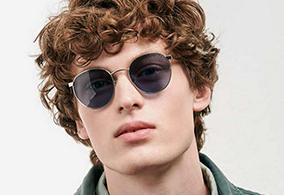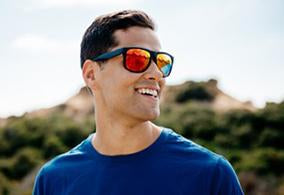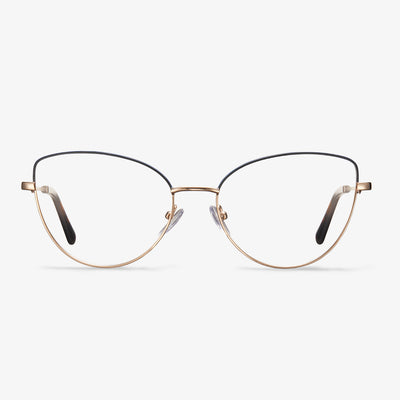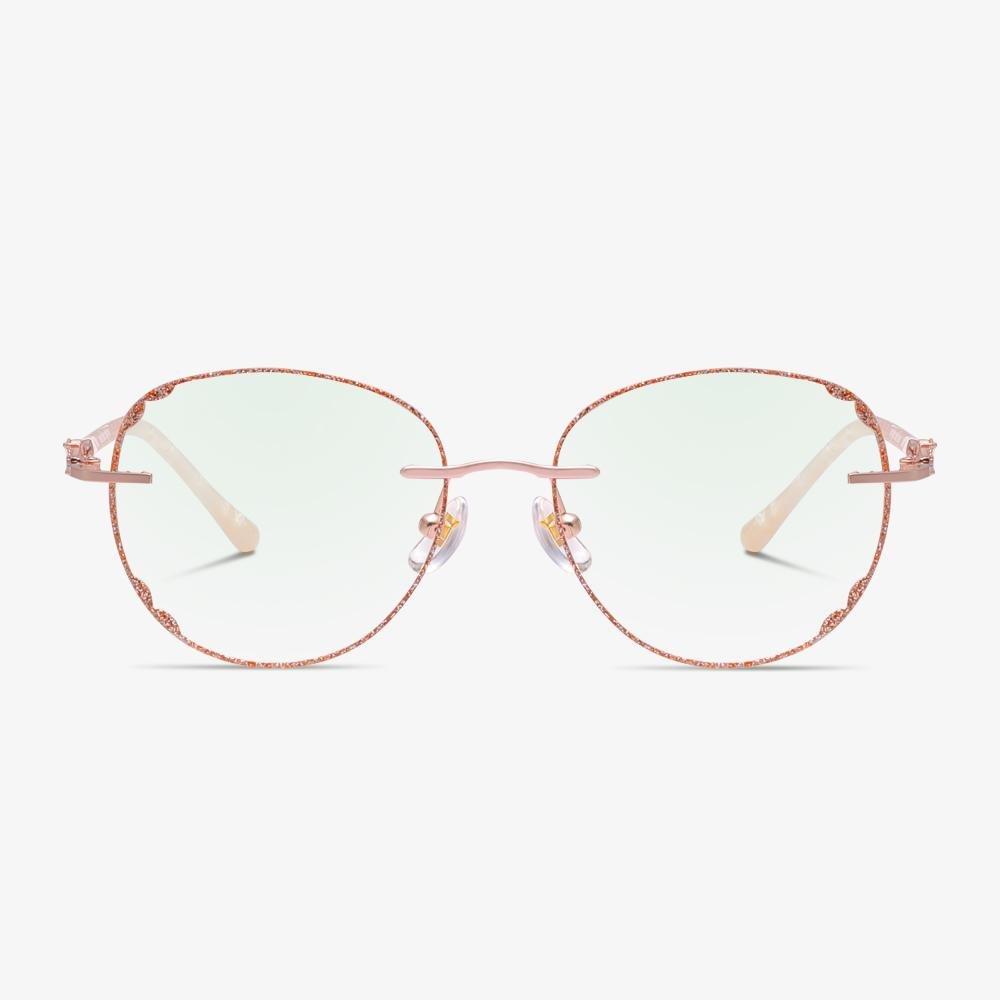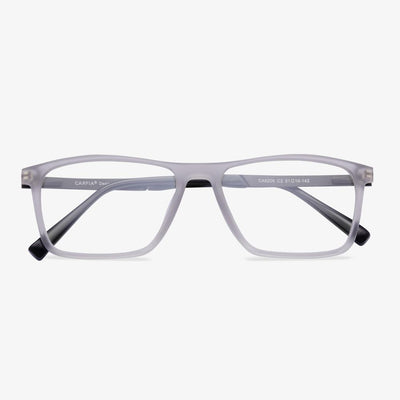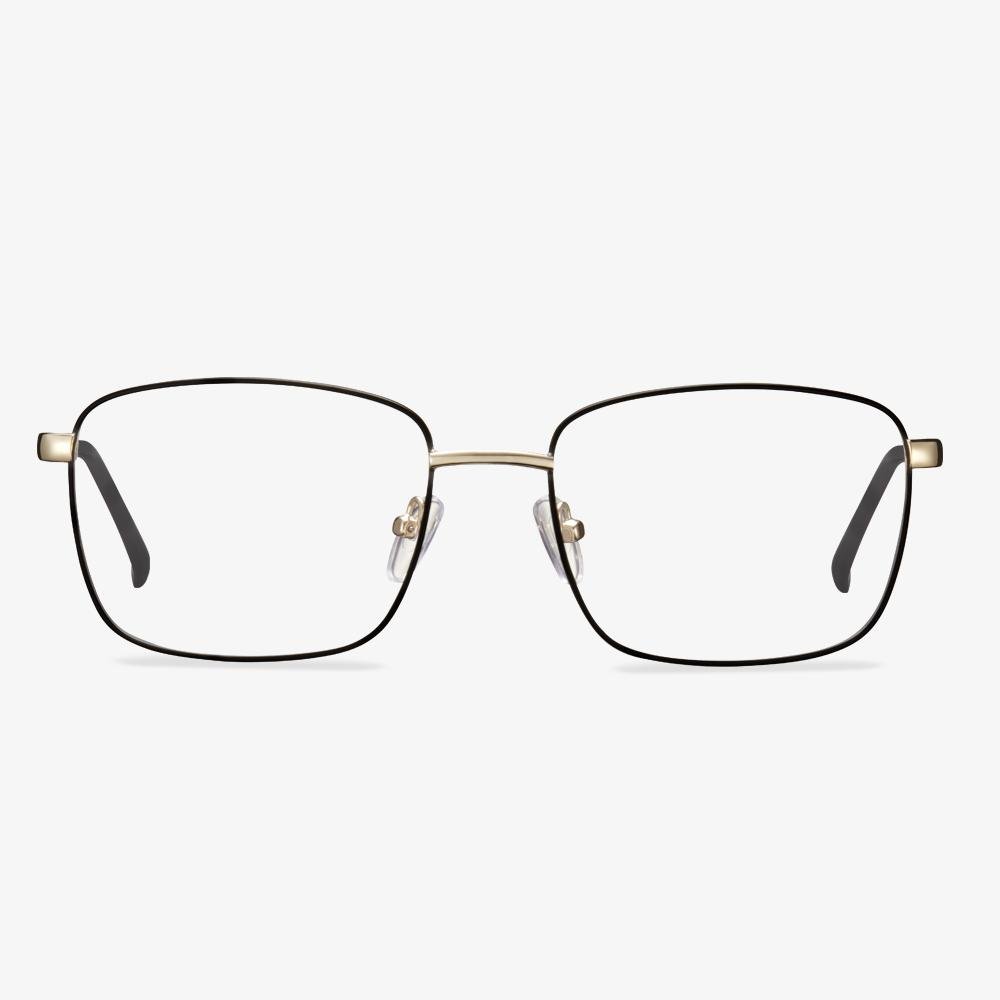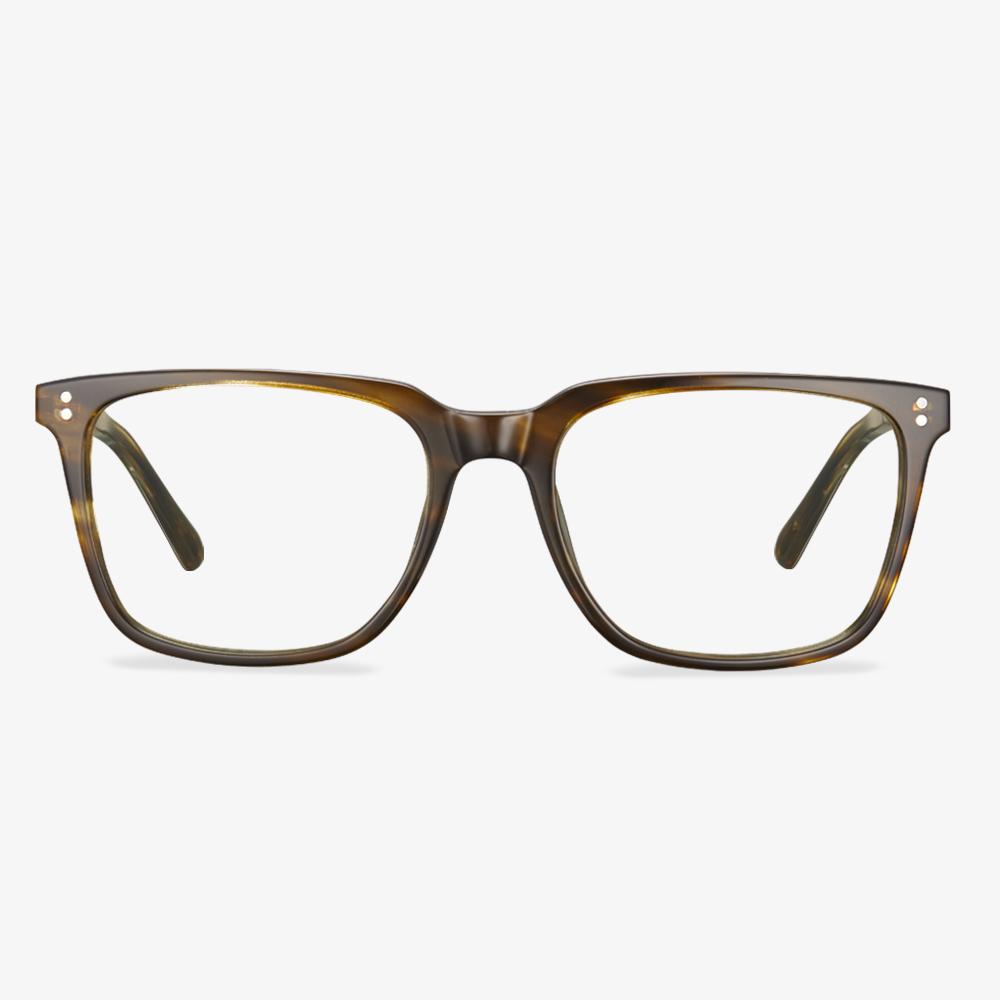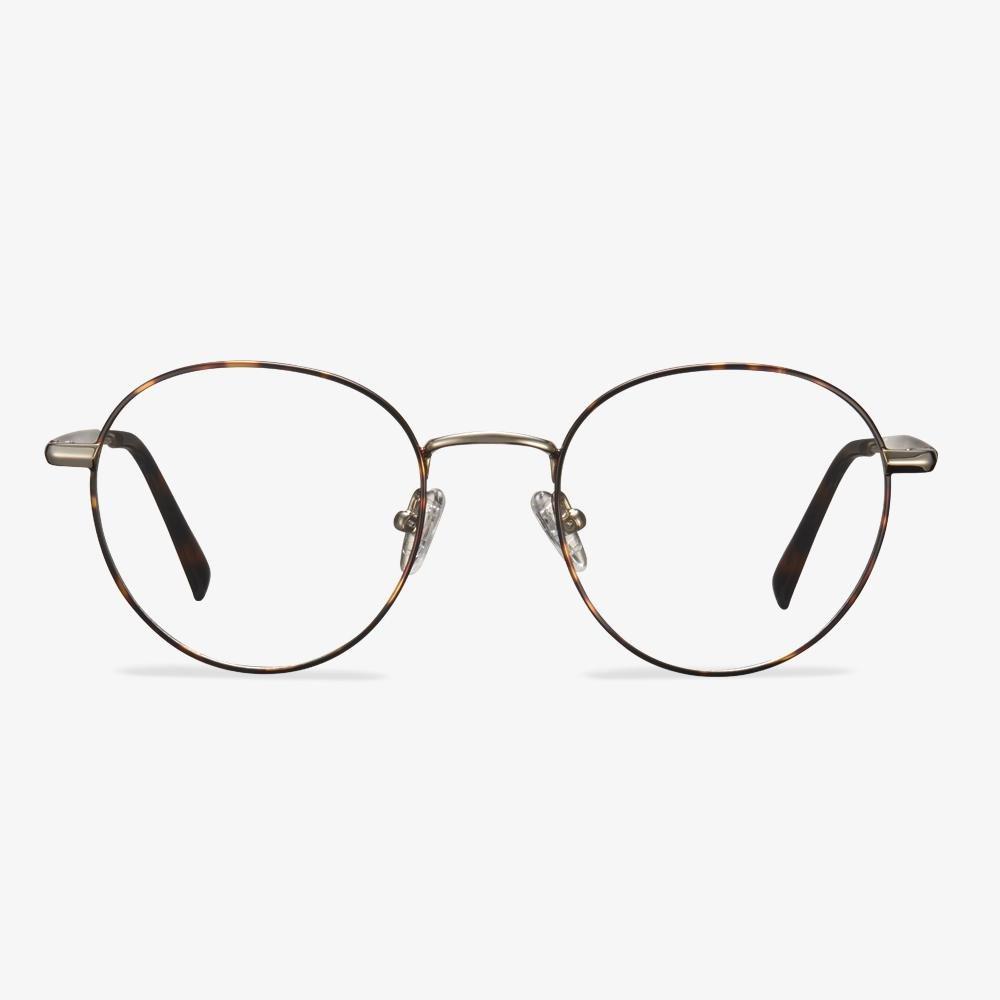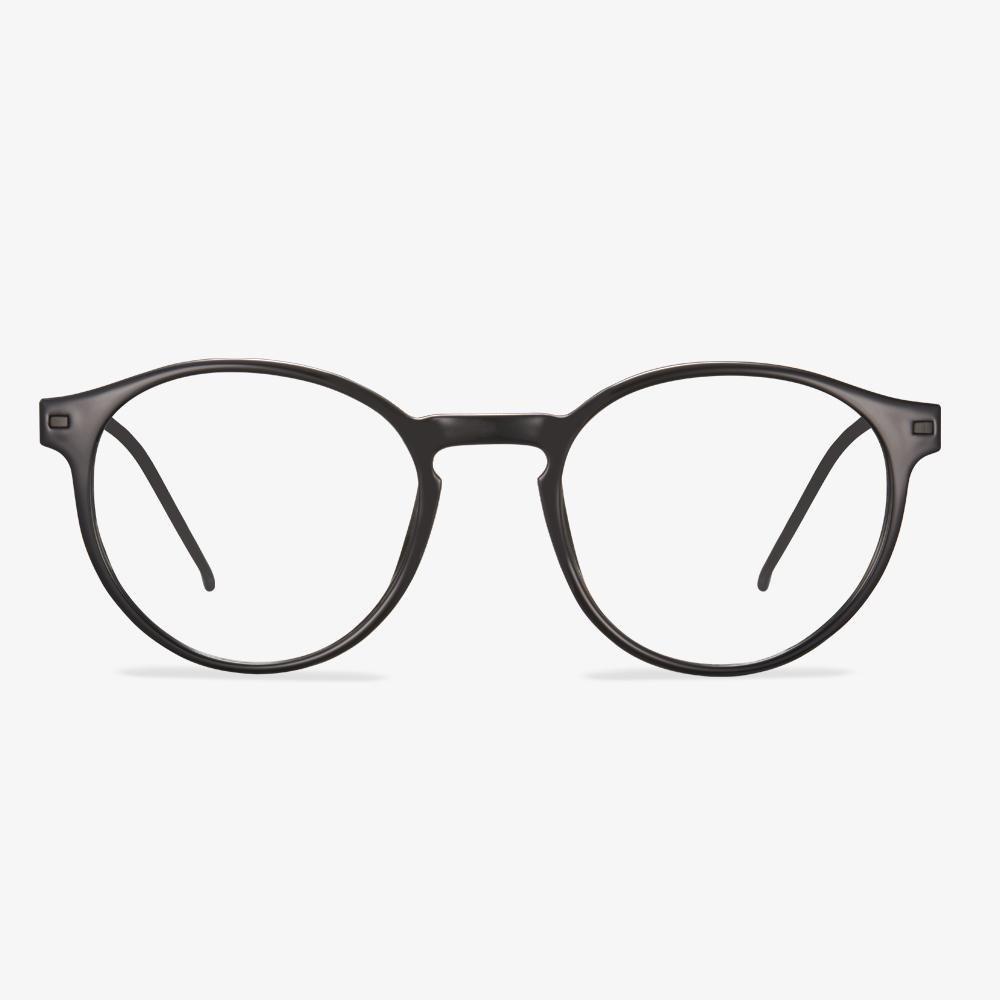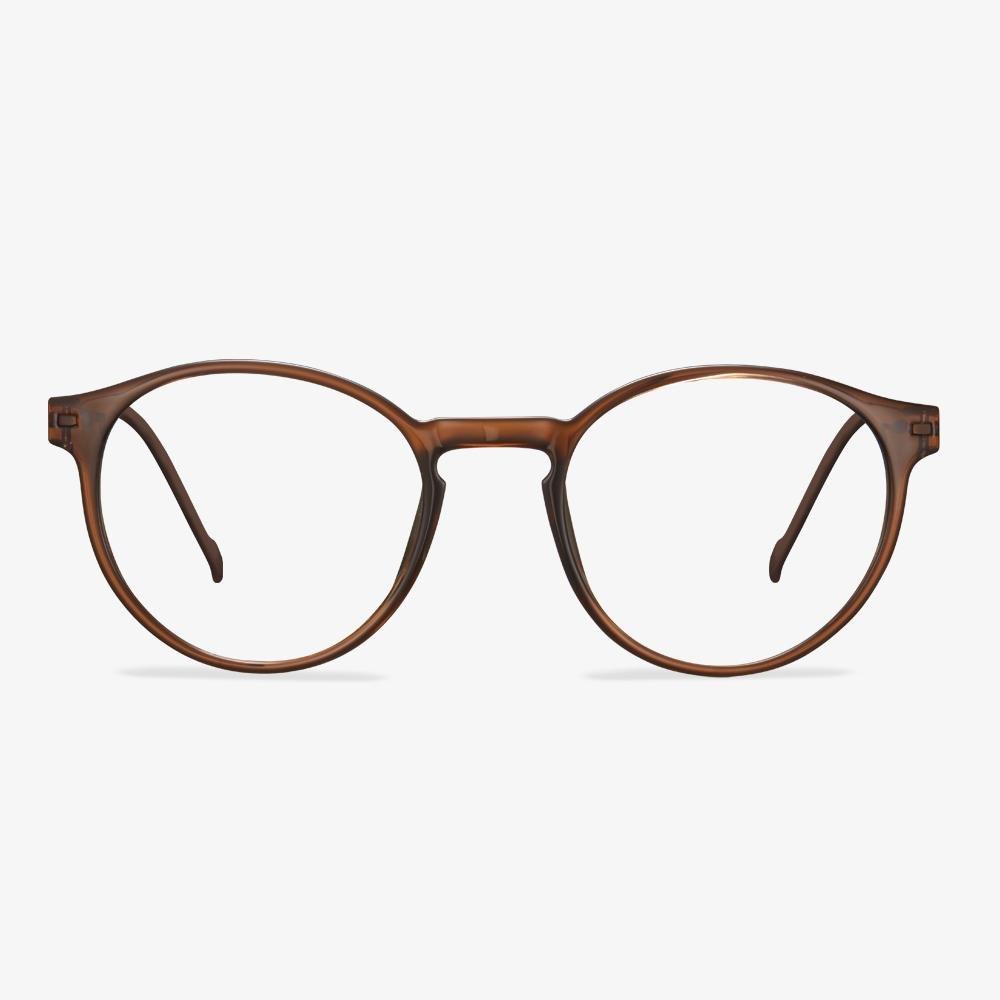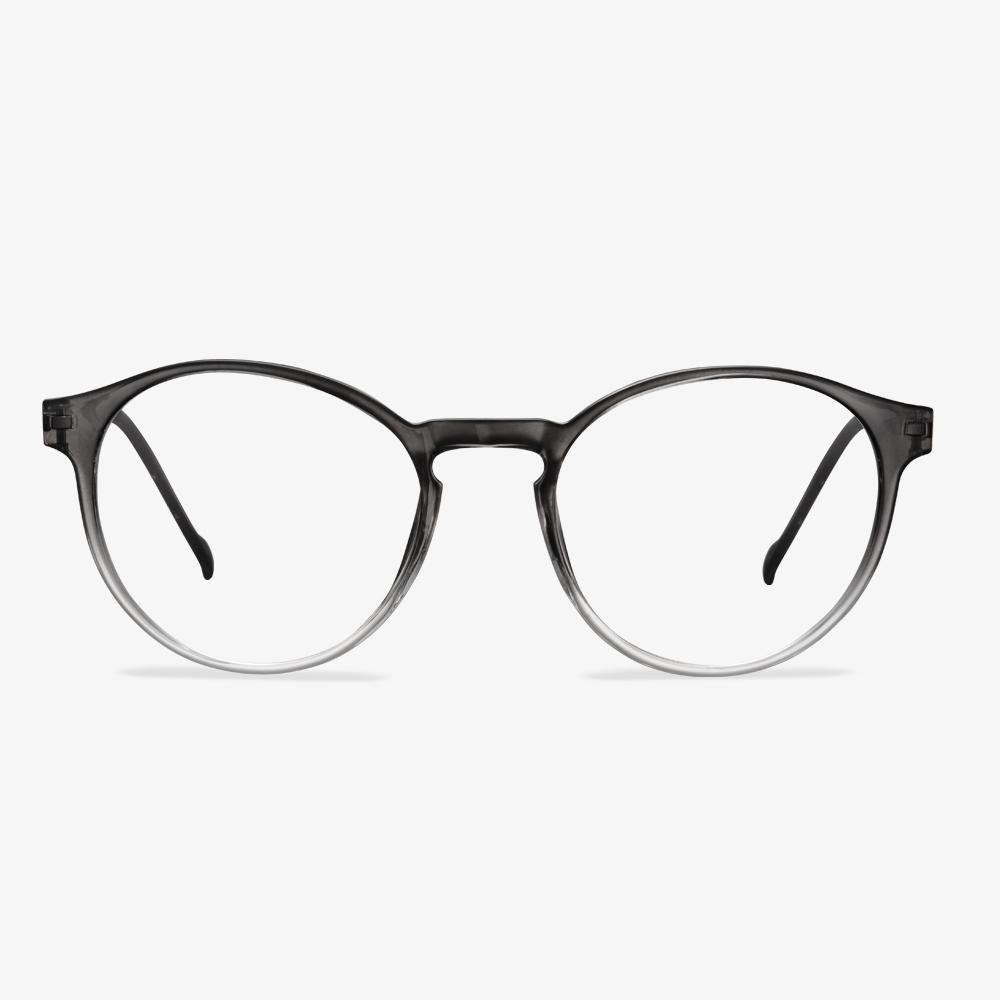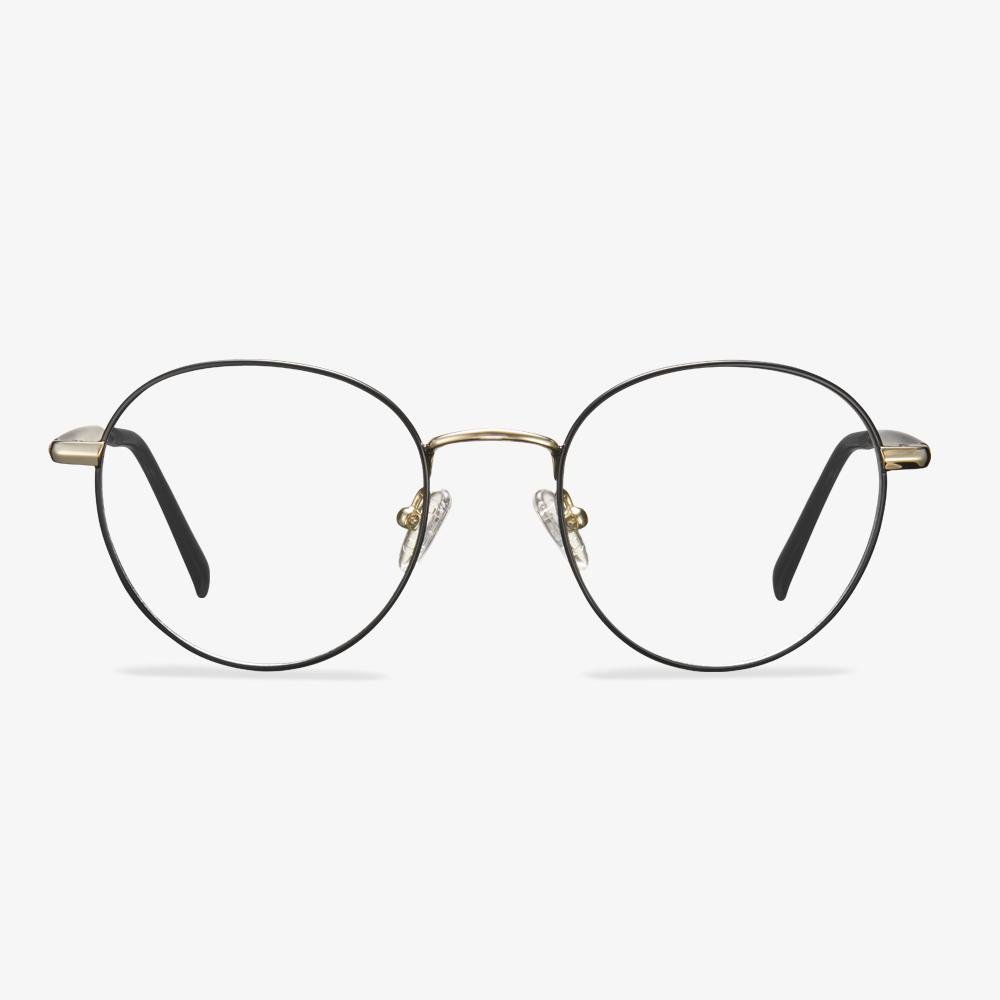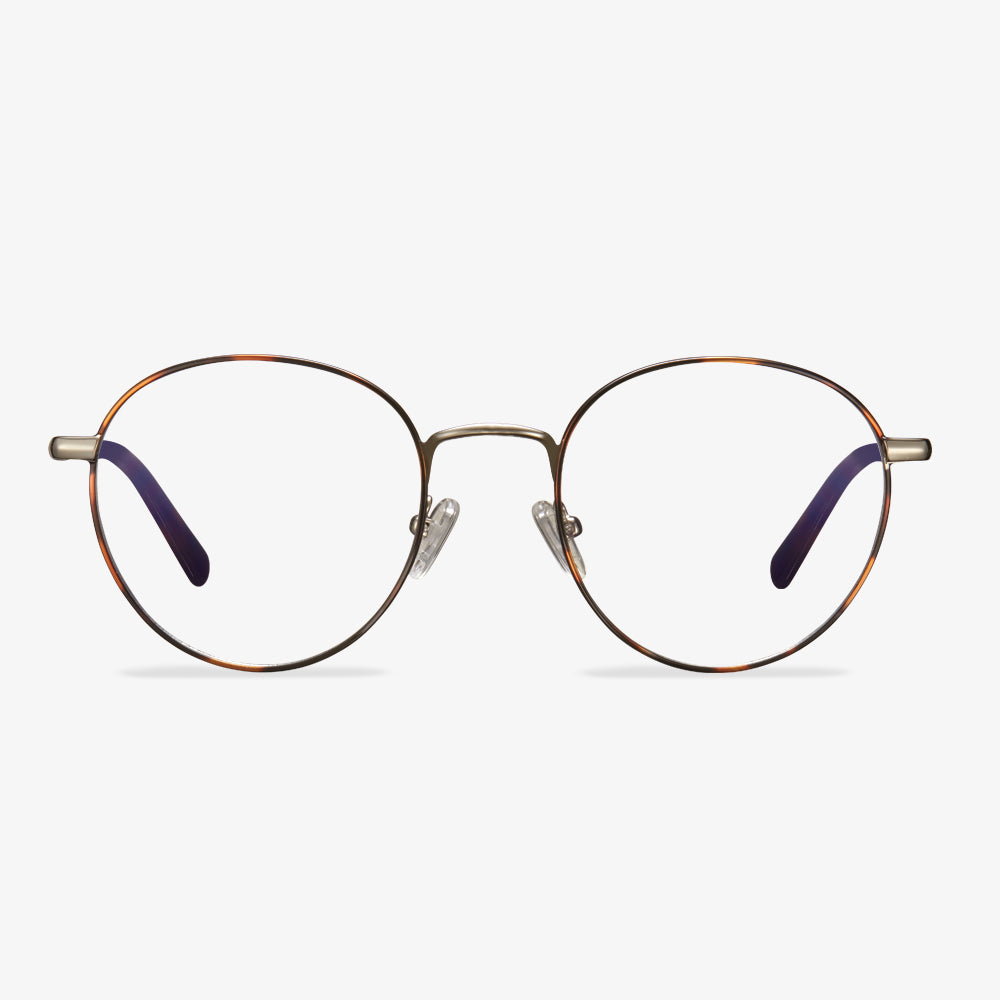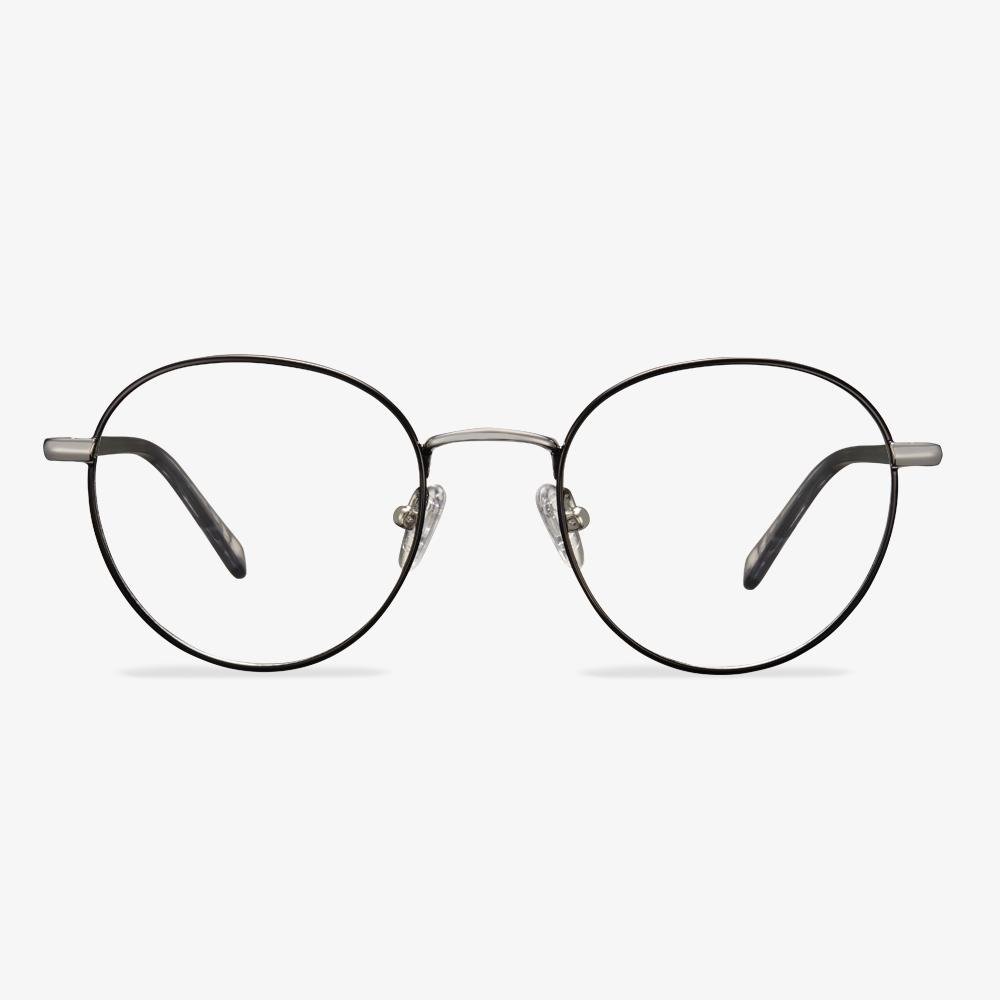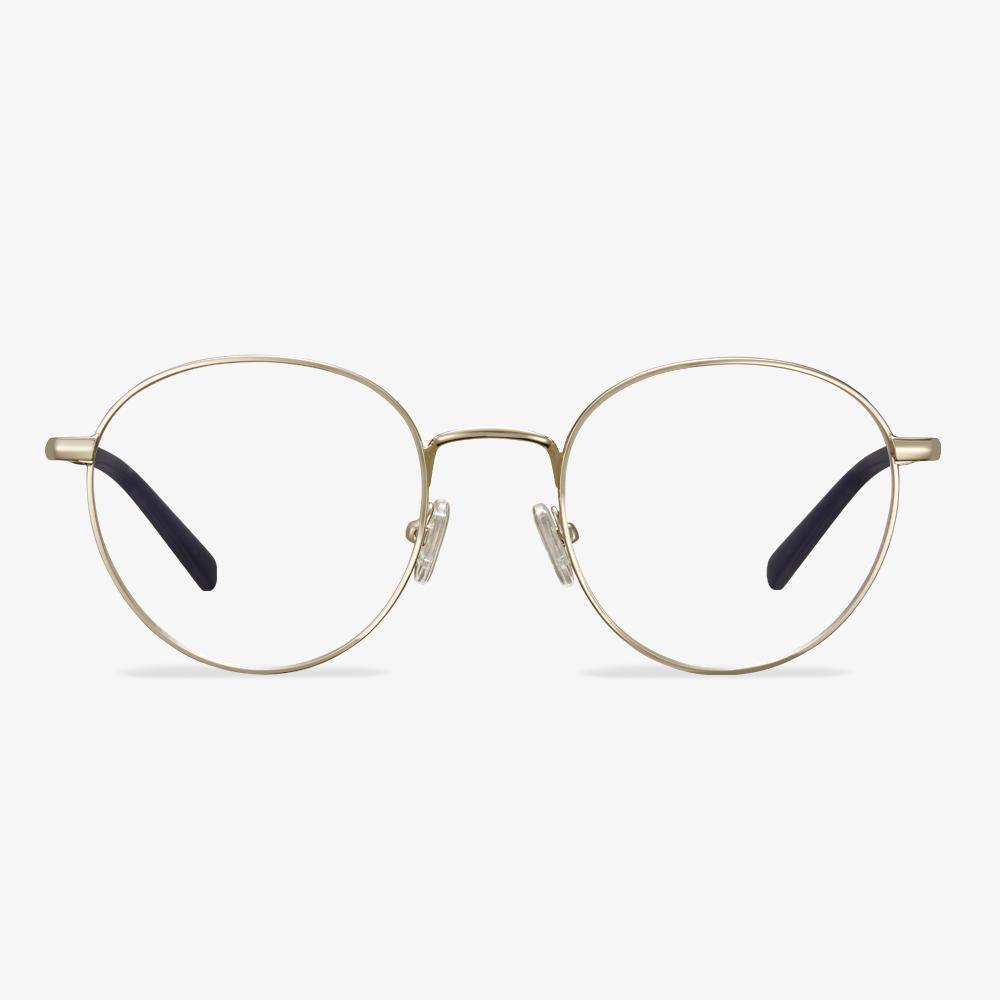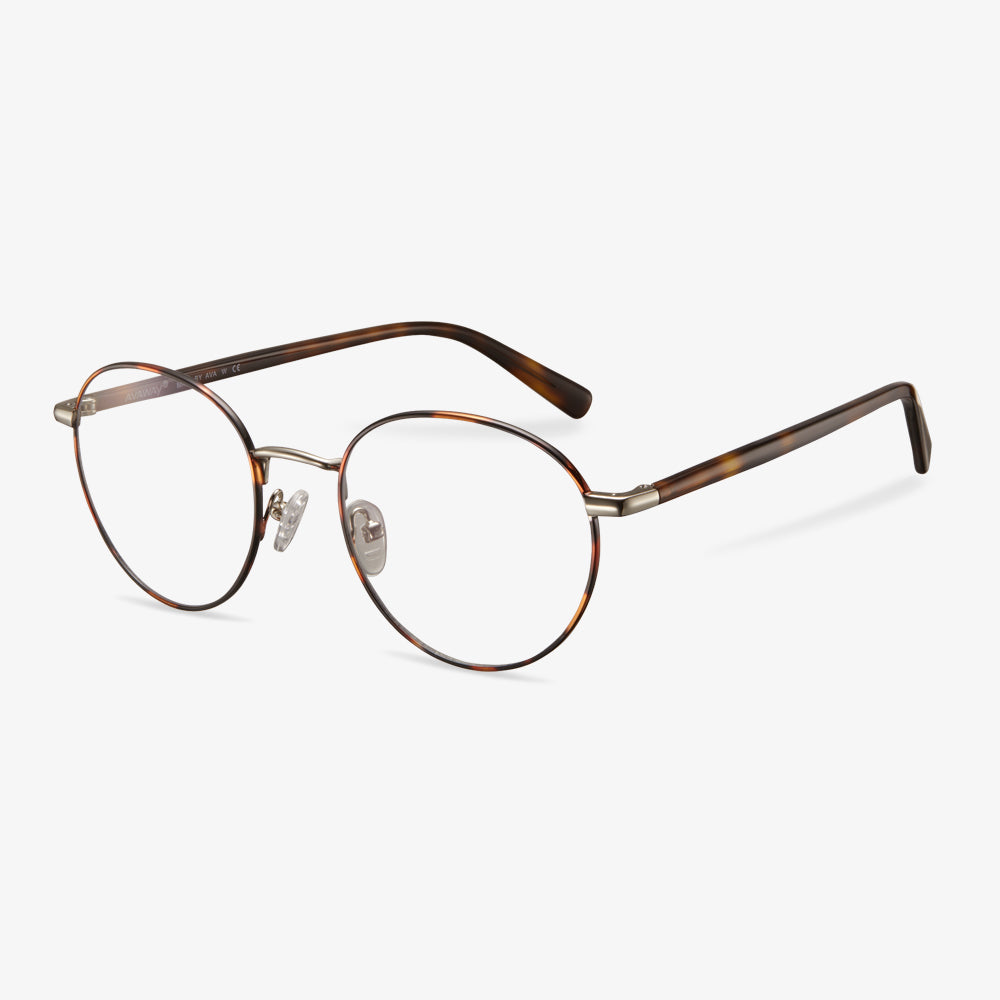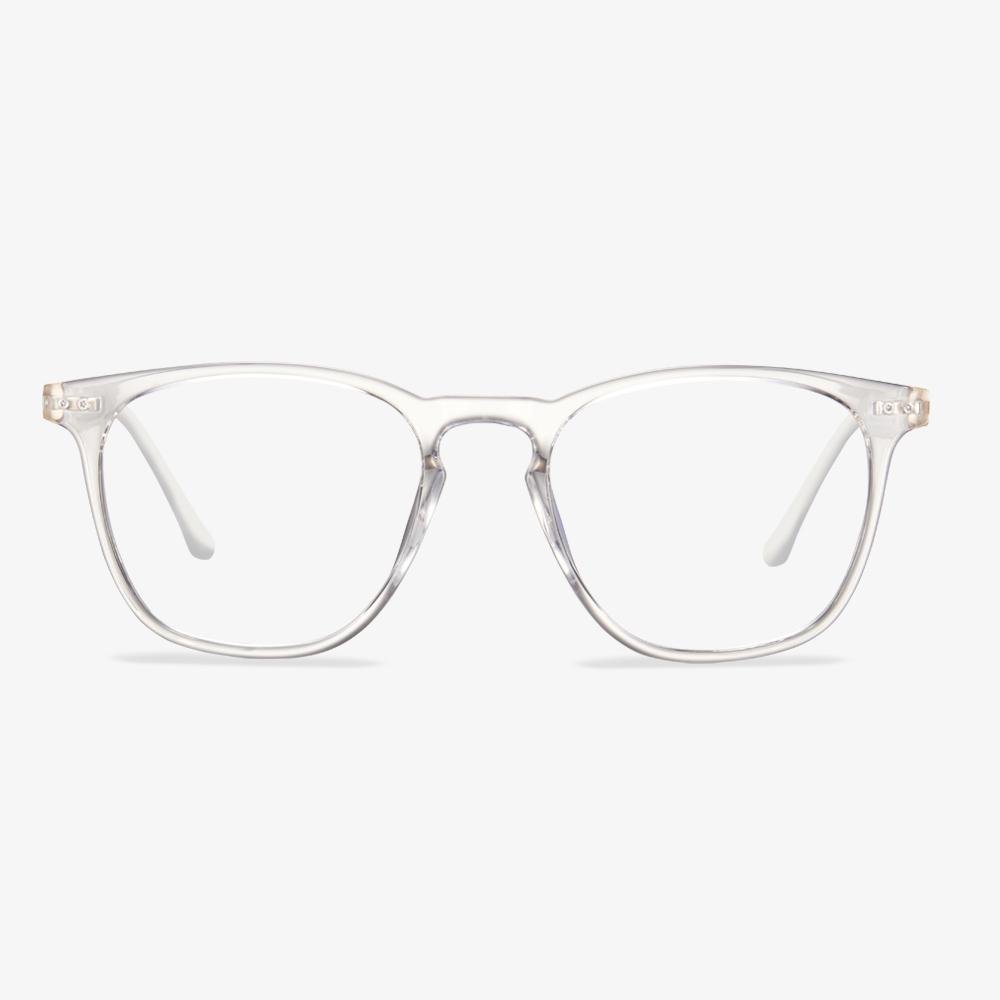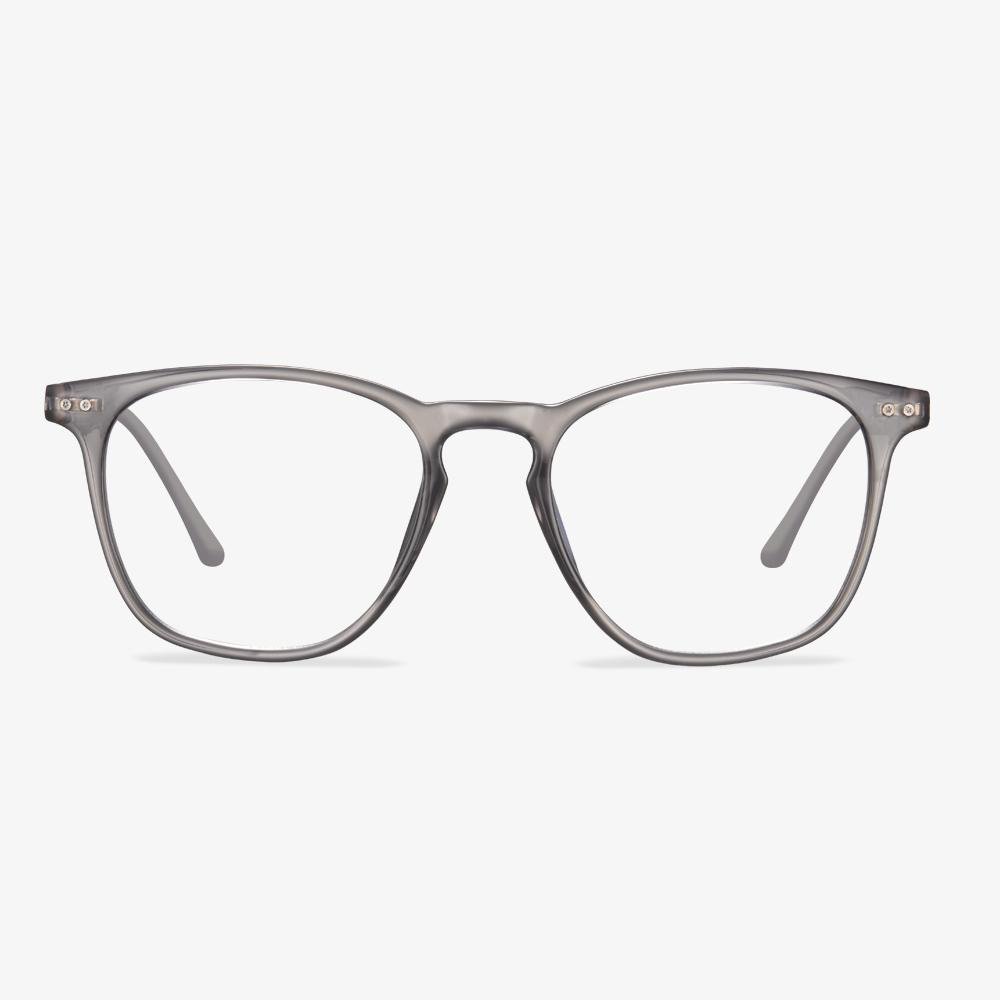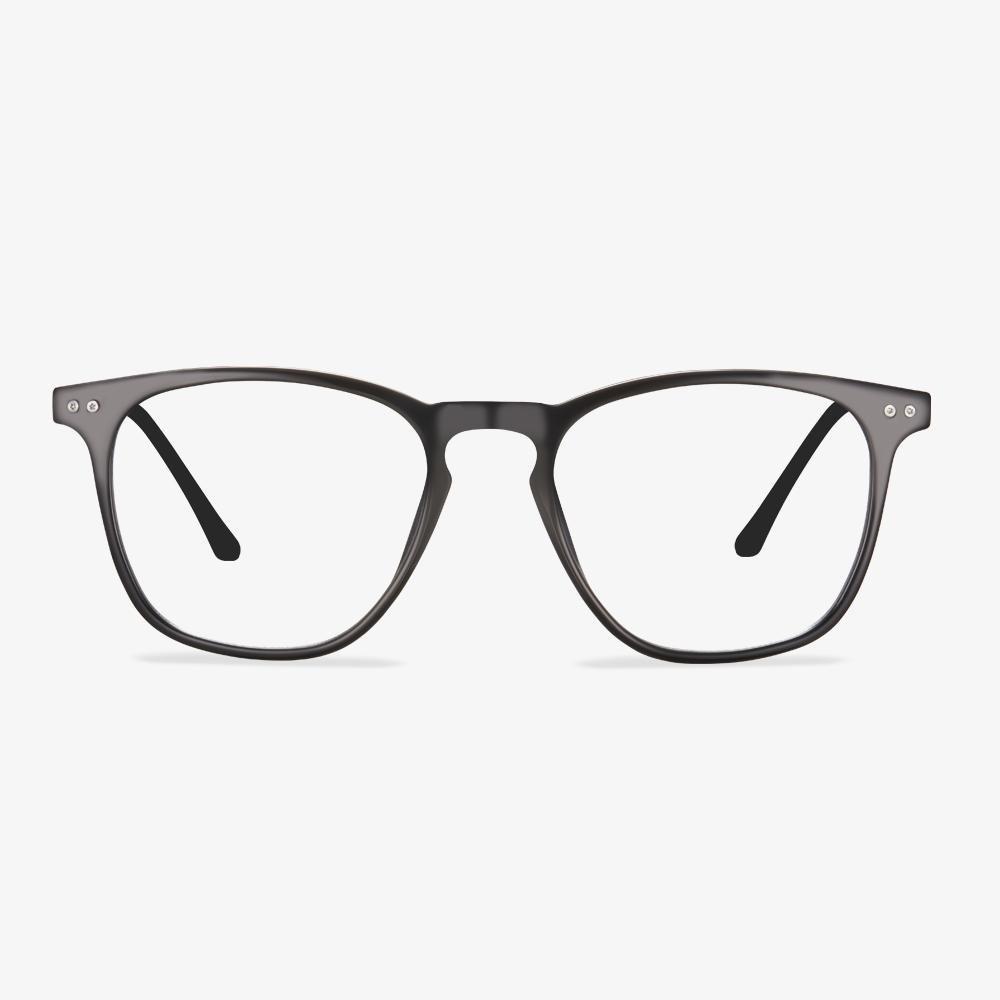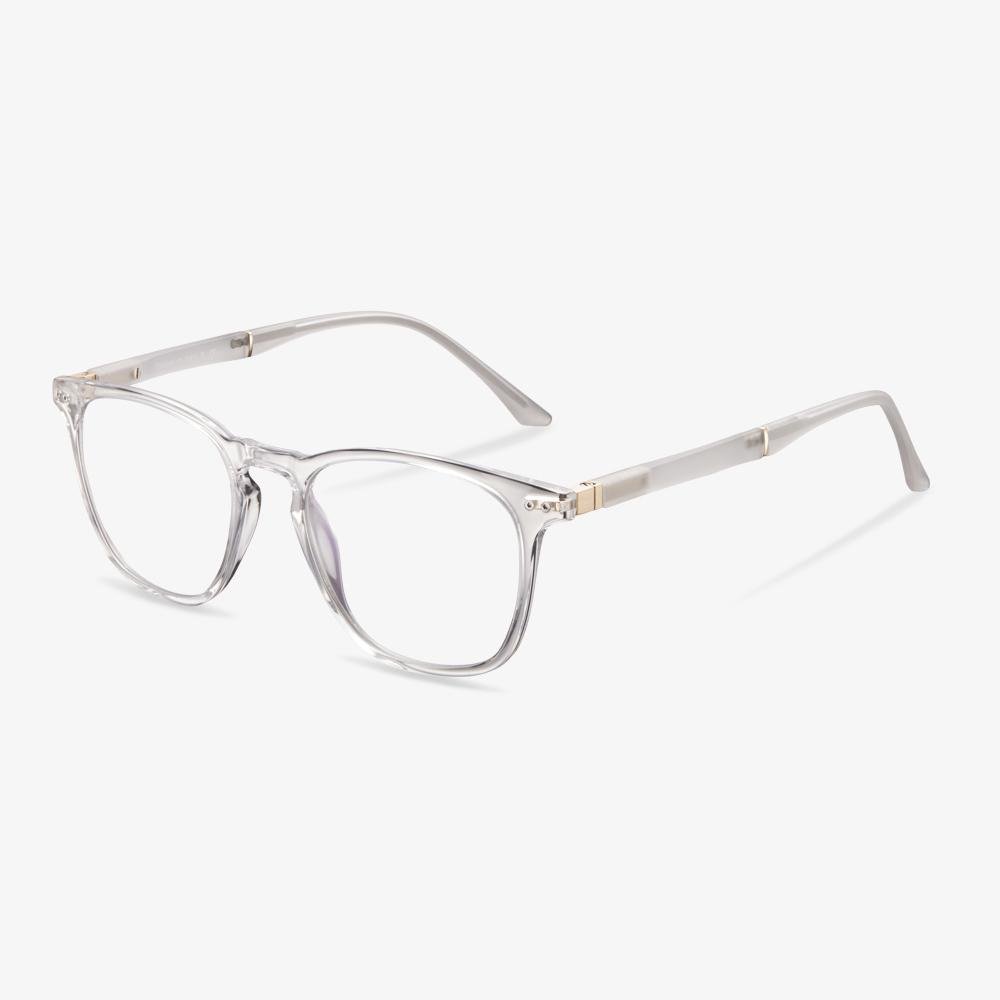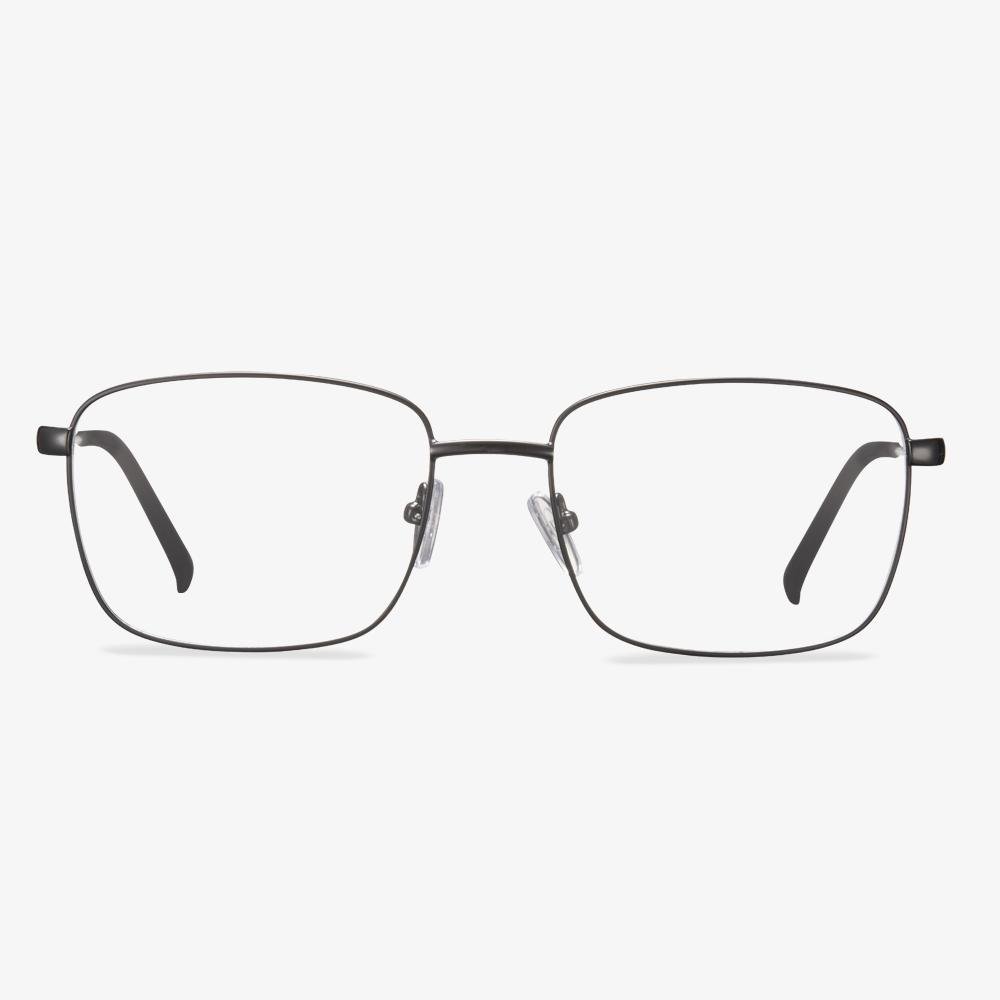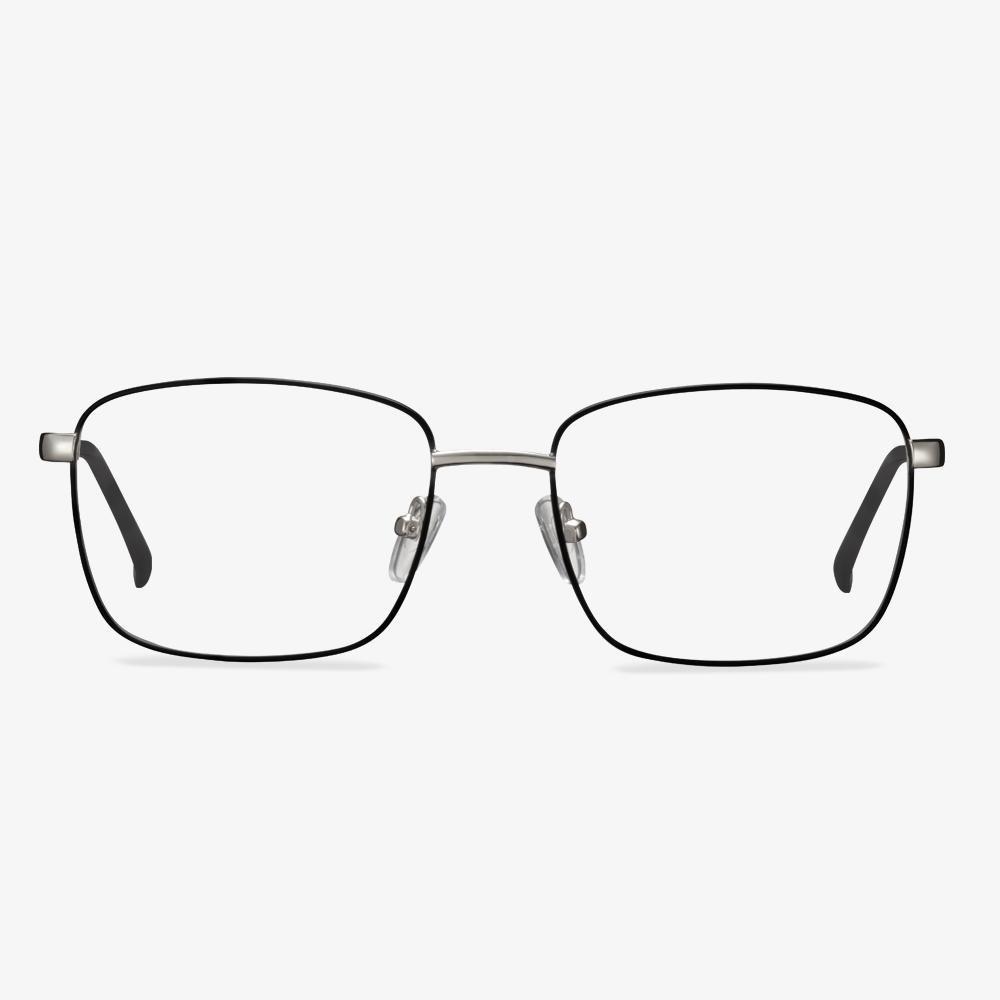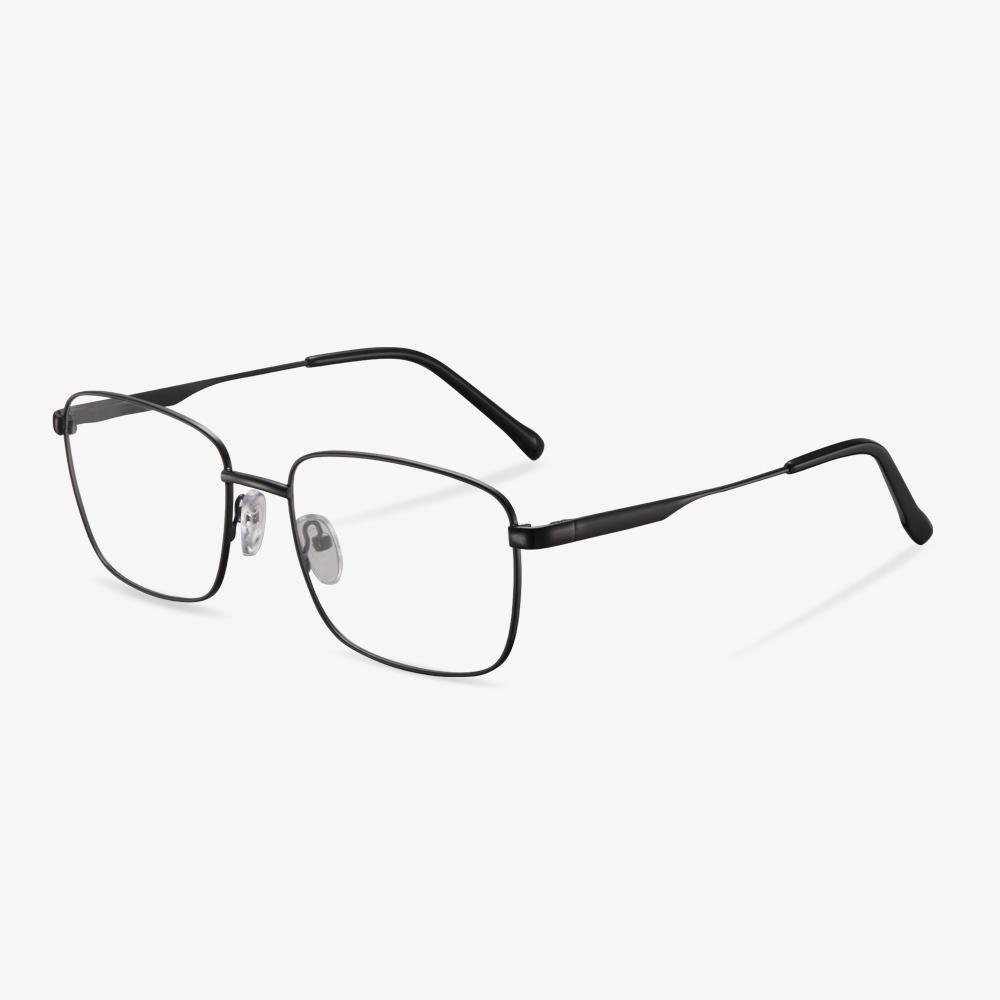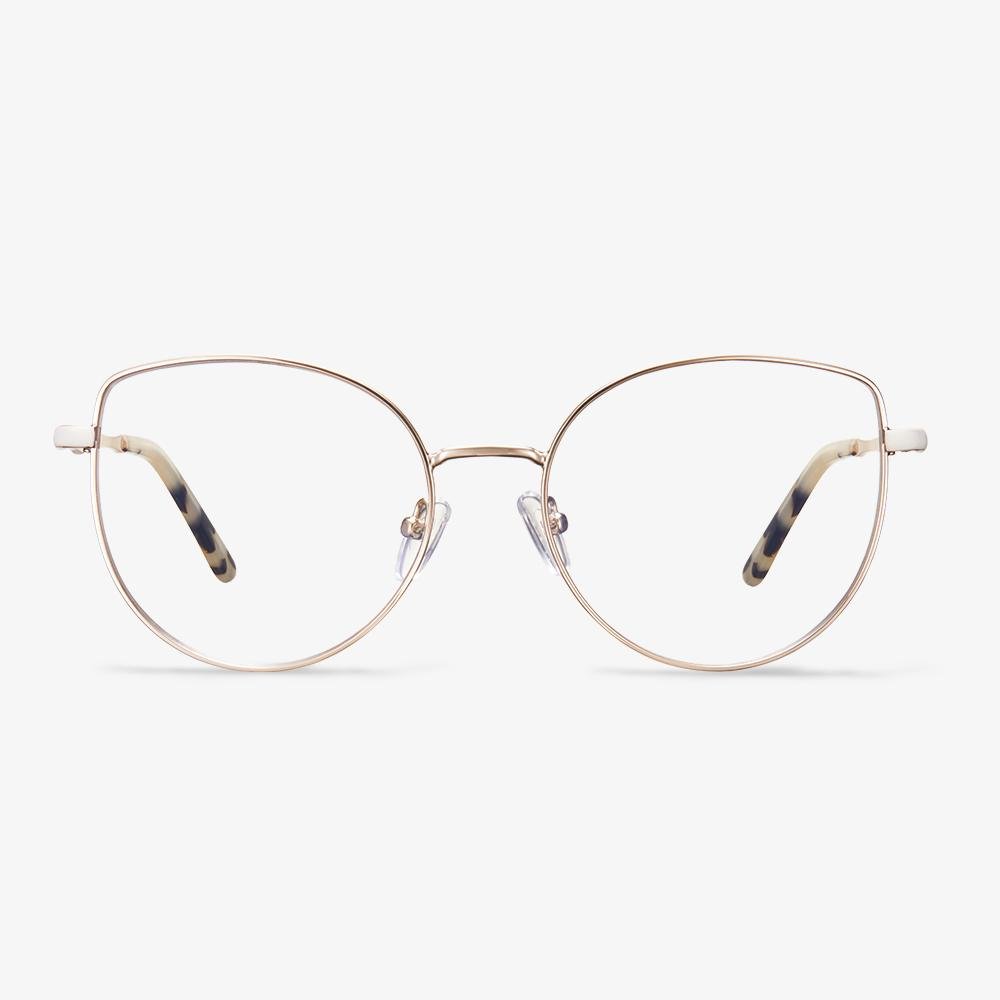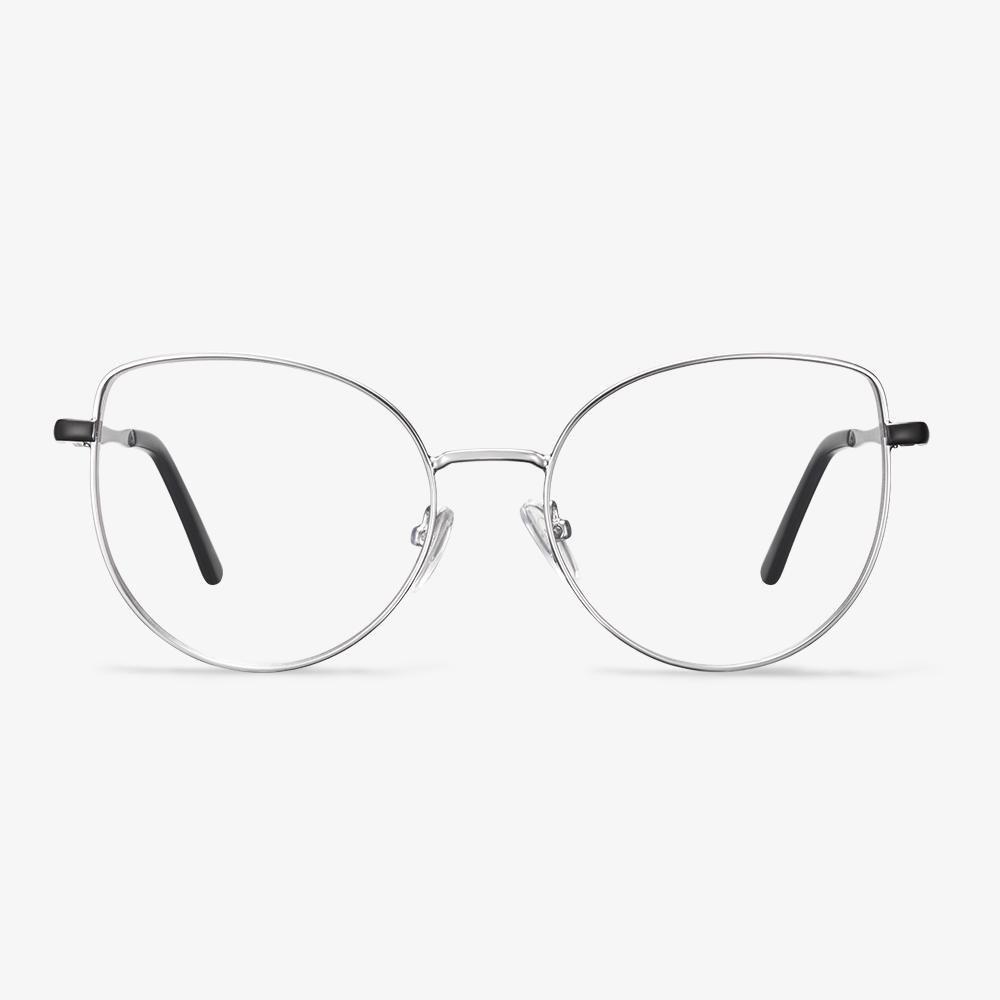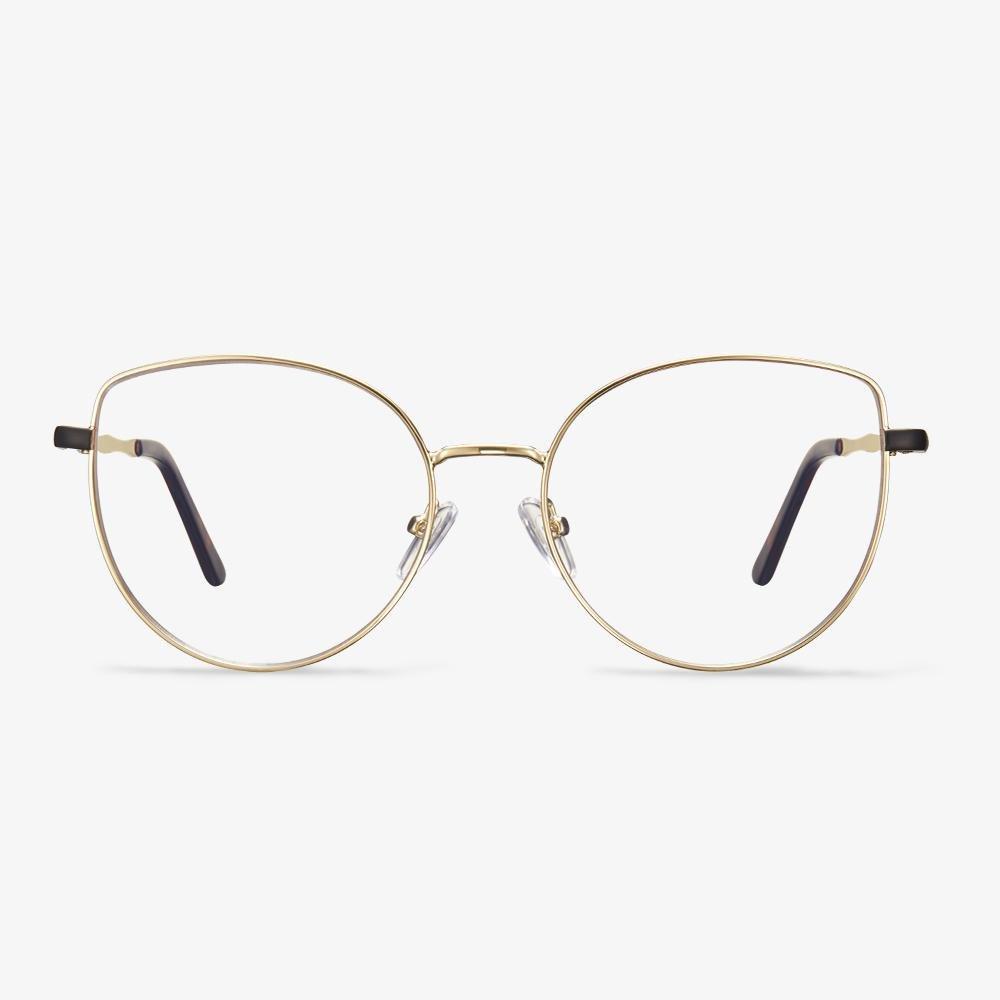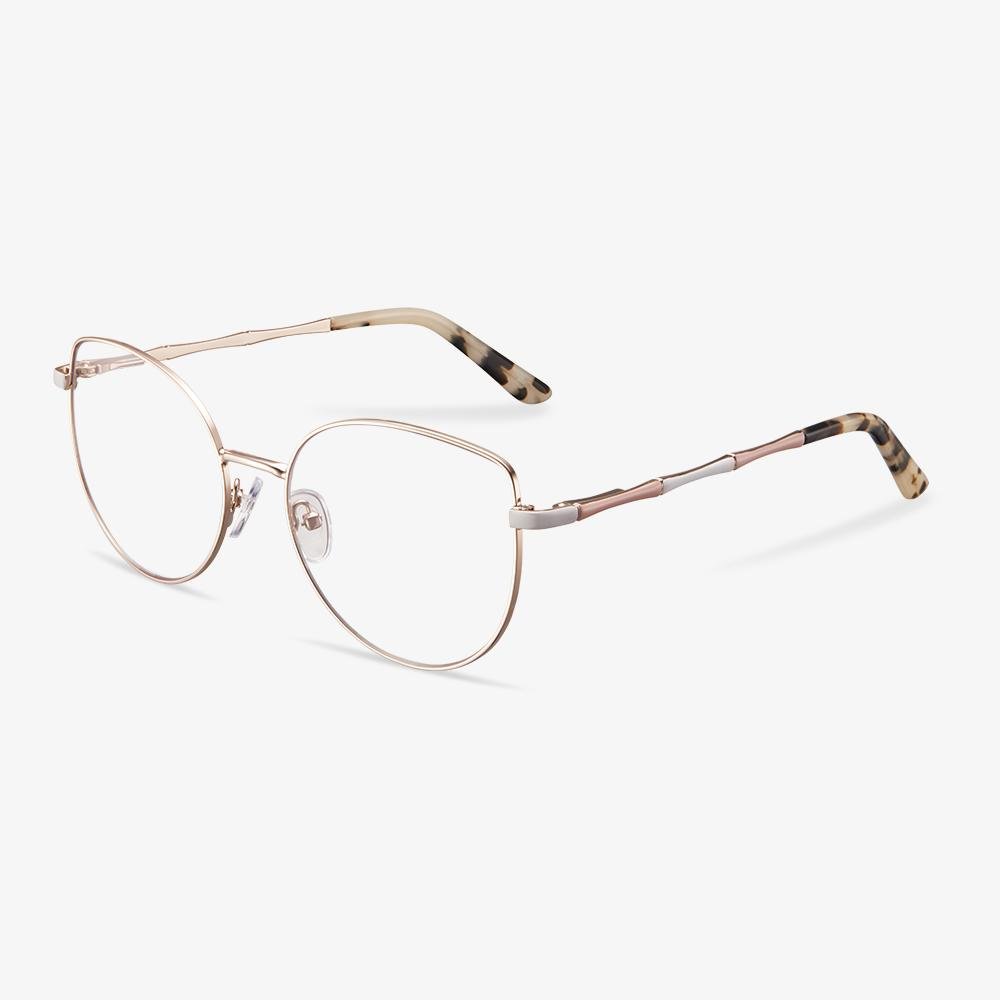Progressive Lens
Standard progressive lenses are multifocal lenses with three observation areas, farsightedness, intermediate vision, and nearsightedness. Unlike bifocals, there are no visible lines between each viewing area. They have a seamless, invisible design, where the optical power changes 'gradually' throughout the lens. Many people confuse 'bifocal' or 'trifocal' with 'progressive' but remember that bifocals and trifocals have visible lines in the lens, while progressive lenses do not. Because progressive lenses have no lines in the lens, they are more popular multifocal lenses than bifocal lenses.
The main observation area of the progressive lens is a far distance, the smaller area at the bottom of the lens is used for myopia, and the middle area in the middle is smaller. Standard progressive glasses are very suitable for general purpose glasses, focusing on hyperopia activities (such as driving and walking) and sufficient area in the lenses for nearsighted activities (such as reading and computer use). The left and right sides or 'convex corners' of the lens are deliberately blurred to achieve an invisible design. The clearest line of sight in the gradual process is from the center to the top of the lens.
When to Wear Blue Light Glasses?
If your eyes are experiencing signs of exhaustion after prolonged use of digital screens, you may benefit from blue light blocking glasses. So, please pay attention to what your body is trying to tell you, and there are some warning signs to look out for that tell you if you are in need of blue light glasses.
If you are suffering from one of the following symptoms, you had better wear a pair of blue light blocking glasses, such as headaches, eye strains, trouble sleeping, dry eyes and blurred vision. You can also check whether the symptoms are decreased after wearing the blue light glasses.
Driving Glasses - ROCKYOU
Rockyou brand was founded in 2014, with the company adhering to the quality is life concept. With advanced equipment, professional team, and perfect management system, in line with the reputation, quality, service, efficient purpose, the company has gradually grown into a brand of excellence in this rapid economic tide.
The glasses are too loose or too tight at the temple.
If your glasses are too tight on your temples, you will feel uncomfortable. On the other hand, if your frames are too loose, it can make you look not energetic. Either way, you can adjust the frames at home to make them more comfortable. If the arm squeezers your temples. If the frames are metal, hold your lenses in place with your less-used hand. Use your dominant hand to gently press outwards on the corner of the frame, between the hinge of the frame and the lens. Repeat this step on the other side of your body to make your temples looser. If the frame is too loose from the temple. Again, for metal frames only, use the same method as you used to relax the frames, but apply slightly inward pressure on the corner between the hinge and the lens. Repeat on the other side, tightening the fit around the temple. Adjusting the temples of rimless, half-rimless, or plastic frames can break them. You are advised to take these frames to the optical shop for adjustment.
The nose pad is very important.
It could be that the nose pad is too hard. You can replace it with a non-marked soft nose pad. It is recommended to choose a thin and long or broad-leaved nose pad, moderate hardness, which can effectively disperse the force of the nose, with stable support, bringing comfortable wearing. It avoids a soft nose pad on the bridge of the nose because of sweating or a long time to wear left indentation. Eyeglass frame nose pads are in direct contact with the bridge of the nose, and too hard nose pads can damage the skin around the bridge of the nose. Therefore, try to choose a silica gel nose pad and other soft materials. The first one is that the silicone has good softness and will not damage the skin. The other is that it can fit perfectly with the bridge of the nose without foreign body feeling.
Titanium alloys have low thermal elasticity
The thermal conductivity of titanium is about 1/4 of nickel, 1/5 of iron, 1/14 of aluminum, and the thermal conductivity of different titanium alloys is about 50% lower than that of titanium.
The elastic modulus of titanium alloy is about 1/2 that of steel, so its rigidity is poor and is easy to deform, and it is not suitable to make slender rods and thin wall parts. When cutting, the spring back of the processing surface is very large, about 2 ~ 3 times of stainless steel, resulting in severe friction, adhesion, and bonding wear of the knife surface.
Dark-rimmed glasses with wider frames
When choosing dark frames for round faces, one should pay attention to the width of the frames. If dark frames give people a feeling of narrowing, then the frames will appear smaller. Small frames make your face look bigger and rounder, so choose frames that are wide. If you can't wear a wide frame because the lenses are too strong, skip black and opt for something lighter.




